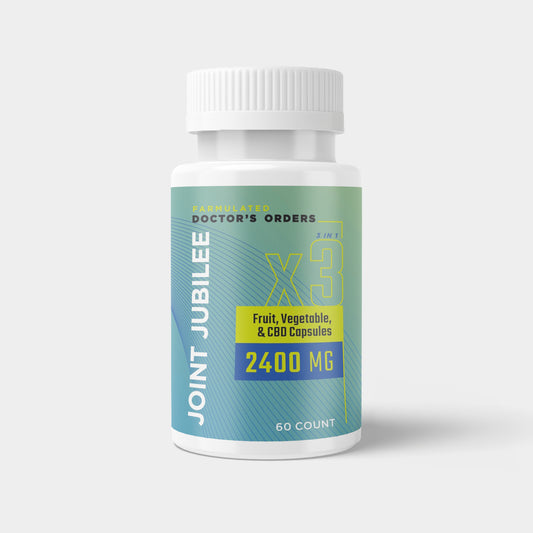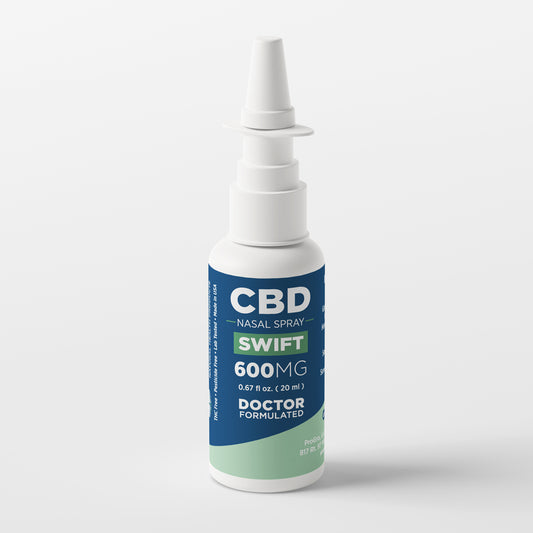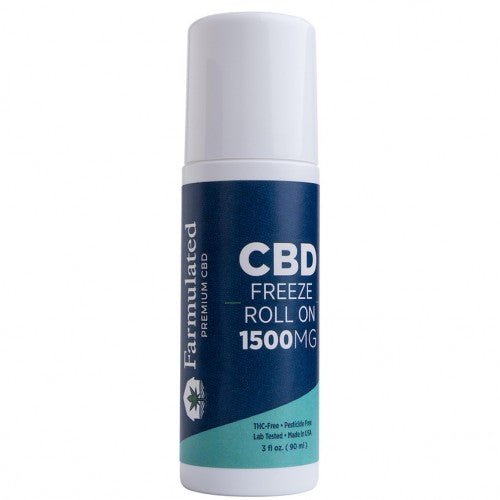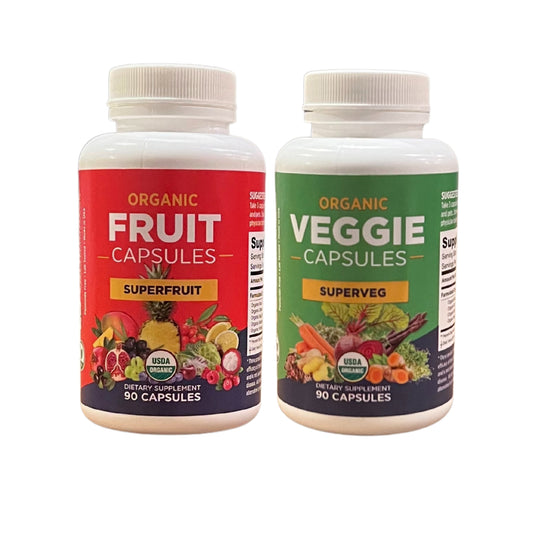Are you considering trying CBD? If so, you are among many others who share your interest. CBD remains a popular supplement for good reasons. But before you start taking CBD, it's essential to understand the pros and cons. This blog post will examine the benefits and drawbacks of using CBD. We'll also discuss how to find high-quality CBD products. So, whether you're thinking about trying CBD or are just curious about what it can do, read on for all the necessary information.
What is CBD, and Where Does it Come From?
The CBD compound is found in the cannabis plant. Unlike THC, CBD does not produce a psychoactive effect. CBD can be extracted from both marijuana and hemp plants, but it is most commonly derived from hemp. Hemp plants contain deficient levels of THC, so they are often used to create CBD products. CBD can be consumed in various forms, including oil, capsules, gummies, and topical creams. Some people believe that CBD may offer several health benefits, such as reducing anxiety and pain. However, more research is needed to confirm these potential benefits.
Expected Benefits of CBD
Anxiety Relief
Anxiety is a condition that can significantly impact your quality of life. CBD has been shown to offer relief from anxiety, making it a potentially beneficial supplement for those suffering from this condition. It interacts with receptors in the brain that regulate mood and stress, promoting a sense of calm and relaxation without the psychoactive effects of THC.
Chronic Pain Relief
Chronic pain affects millions of people worldwide. There are pros and cons of CBD oil for pain, but CBD is gaining recognition for its ability to alleviate joint pain. It interacts with the endocannabinoid system to reduce inflammation and modulate pain signals, making it an appealing option for those with conditions like arthritis and multiple sclerosis.
Neuroprotective Properties
CBD may have neuroprotective properties that can benefit those with neurological disorders such as epilepsy and multiple sclerosis. The FDA has approved a CBD-based medication, Epidiolex, for treating certain types of epilepsy, highlighting its potential in this area.
Anti-inflammatory Effects
CBD's anti-inflammatory properties make it useful in treating various inflammatory conditions. This can be beneficial for individuals with conditions such as Crohn's disease, irritable bowel syndrome (IBS), and other inflammatory-related health issues.
Potential Risks of CBD
Medication Interactions
CBD may interact with other medications you're taking. It can affect the metabolism of certain drugs, potentially leading to adverse effects. It's crucial to consult with a healthcare provider before adding CBD to your regimen, especially if you're on other medications.
Limited Long-term Research
There is limited research on the long-term effects of CBD use. Therefore, it's possible that CBD could cause adverse effects in some individuals who use it over an extended period. Continued research is necessary to fully understand the long-term implications of regular CBD consumption.
Safety Concerns for Specific Groups
CBD may be unsafe for pregnant or breastfeeding women. You must speak with your doctor before using CBD if you fall into either of these categories. Additionally, individuals with liver conditions should use caution, as CBD can affect liver enzymes.
Forms of CBD and Their Uses
CBD Oil
CBD oil is one of the most popular forms of CBD. It can be taken sublingually (under the tongue) for quick absorption into the bloodstream. This method is effective for general pain relief, anxiety, and other systemic benefits.
CBD Edibles
CBD edibles are a convenient way to consume CBD. This form of CBD is absorbed into the digestive system's bloodstream, potentially relieving anxiety and chronic pain. Edibles come in various forms, including gummies, chocolates, and beverages.
Topical CBD
Topical CBD products are absorbed through the skin, which means they do not enter the bloodstream but offer a dermal delivery to sore muscles and potentially help with arthritis. Topical CBD products can be used anywhere on the body and are easy to apply. They are ideal for localized pain relief and treating skin conditions.
Full-Spectrum vs. Isolate CBD
Full-spectrum CBD oil contains all the cannabinoids found in the hemp plant, including trace amounts of THC (less than 0.3%). This can enhance the therapeutic effects of CBD through the "entourage effect." CBD isolate, on the other hand, is pure CBD with no other cannabinoids, making it a suitable option for those who wish to avoid THC entirely.
How to Choose High-Quality CBD Products
Look for Third-Party Testing
Farmulated’s high-quality CBD products are tested by independent laboratories. These tests verify the product's cannabinoid content and check for contaminants such as pesticides, heavy metals, and solvents.
Check the Source of Hemp
The quality of CBD products depends on the quality of the hemp used. Look for products made from organically grown hemp to ensure they are free from harmful chemicals.
Read Customer Reviews
Customer reviews can provide valuable insights into the effectiveness and quality of CBD products. Look for reviews that mention the specific benefits and any side effects experienced.
Understand Product Labels
Ensure you understand the product labels, including the amount of CBD per serving, the type of CBD used (full-spectrum, broad-spectrum, or isolate), and any other ingredients included.
Conclusion
CBD continues to grow in popularity as a treatment for various medical conditions, but many people still have questions. We've outlined the pros and cons of CBD so that you can make an informed decision about whether or not to try it. Our team at Farmulated is dedicated to providing high-quality CBD products, and we believe everyone should have access to this natural remedy. So order your cannabidiol CBD products today, and let us know your thoughts.





